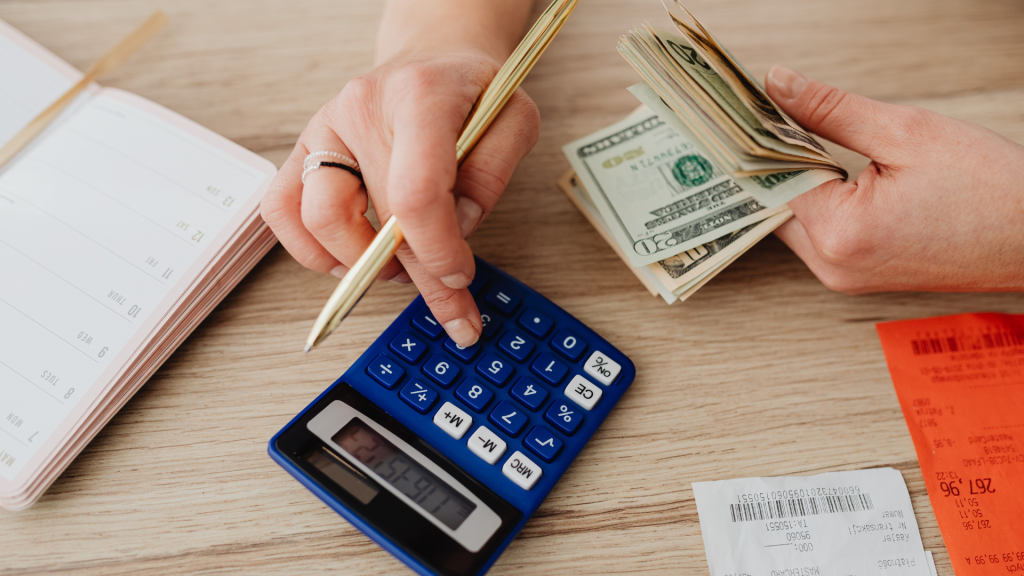
Inflation is a term that is frequently used in economics and finance, but many people do not fully understand their impact on their personal finances.
This term refers to the sustained and generalized increase in the price of goods and services in an economy, which means that the same amount of money can buy less over time.
How inflation affects your personal economy
This can affect your personal economy in several ways, especially your savings and budget. Here are some examples:
- Price increase: Inflation causes increased prices of goods and services. This means that, over time, you will need to spend more money to buy the same amount of goods and services.
- If your income does not increase at the same rate as inflation, your purchasing power will decrease.
- Currency devaluation: When there is inflation, the currency loses value.
- For example, if inflation is 5% per year, that means that your money loses 5% of its value every year. Therefore, if you have cash savings, its value will be reduced over time.
- Indebtedness cost: Inflation can have an effect on the cost of indebtedness.
- For example, if you have a mortgage with a fixed interest rate, this can make the real interest rate you are paying for time. However, if you have a variable interest rate, inflation can cause the cost of indebtedness to be greater.
How can you protect yourself
Although inflation can have a negative impact on your personal finances, there are some ways to protect you:
- Invest in assets that protect against inflation: Tangible goods, such as gold, silver, property and works of art, often maintain their value for periods where prices increase.
- You can also consider investing in companies that have a history of increasing their dividends over time.
- Keep your savings in high performance savings accounts: High performance savings accounts usually offer higher interest rates than traditional savings accounts.
- This can help you maintain the purchasing power of your savings during periods where prices come out of control.
- Pay your debts: If you have debts with variable interest rates, consider paying them as soon as possible. If inflation increases, the cost of your debts will also increase.
Protecting you from inflation
Inflation can have a negative impact on your personal finances, as prices increase, your purchasing power decreases and the value of your savings is reduced.
However, there are ways to protect against this, such as investing in assets that protect against price increase, keep your savings in high performance accounts and pay your debts.